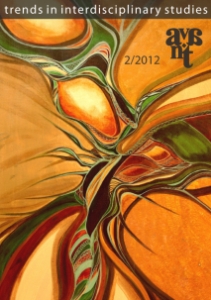Rethinking Musical Affordances
Rethinking Musical Affordances
Author(s): Damiano Menin, Andrea SchiavioSubject(s): Philosophy
Published by: Ośrodek Badań Filozoficznych
Keywords: musical affordances; canonical neurons; motor intentionality; musical understanding; embodied music cognition
Summary/Abstract: The notion of affordance has been introduced by Gibson (1977, 1979) as the feature of an object or the environment that allows the observer to perform an action, a set of “environmental supports for an organism’s intentional activities” (Reybrouck 2005). Studied under very different perspectives, this concept has become a crucial issue not only for the ecological psychology, but also for cognitive sciences, artificial intelligence studies, and philosophy of mind. This variety of approaches has widened the already ambiguous definition originally provided by Gibson, contributing to the development of different standpoints in open contrast with each other (see Zipoli Caiani 2011). During the last two decades, moreover, many researchers tried to extend the notion also to musical experience, aiming to draw a coherent theory of musical affordances (e.g. Clarke 2005; Nussbaum 2007; Krueger 2011a; 2011b). In this paper, we will argue for a particular concept of musical affordances, that is, as we see it, one narrower and less ambiguous in scope and more closely related to its original. Taking the discovery of canonical neurons as our starting point, we will (i) introduce the general notion of affordance, (ii) discuss some significant contributions in this area of research, mostly focusing on musical affordances and (iii) propose a motor-based interpretation of musical affordances.
Journal: AVANT. Pismo Awangardy Filozoficzno-Naukowej
- Issue Year: 2012
- Issue No: 2
- Page Range: 202-215
- Page Count: 14
- Language: English

